 Throughout the winter, spring and summer of the first COVID year, as Baltimoreans and the world hunkered down to avoid the virus, Bolton Hill residents were blessed to be able to exercise, take their children to play and unwind at the sprawling green space on Laurens Street known as Arnold E. Sumpter Park.
Throughout the winter, spring and summer of the first COVID year, as Baltimoreans and the world hunkered down to avoid the virus, Bolton Hill residents were blessed to be able to exercise, take their children to play and unwind at the sprawling green space on Laurens Street known as Arnold E. Sumpter Park.
It is the neighborhood’s largest park. But who was Arnold E. Sumpter? Just some forgotten politician?
Half a century ago Arnold E. Sumpter was a popular young man with his future still ahead of him. He grew up in New York City, living in Harlem, then Queens. He had a strong family, according to his brother Carl E. Sumpter, a retired NYC Department of Corrections captain, who still lives in New York.
“Our mother was a strong role model who believed in ‘giving back.’ As a middle school teacher, she advocated for better educational resources for the area children and provided one-on-one counseling. Our father taught us work ethics. We were known as the Sumpter boys, who seemed to be always working with our father,” said Carl.
Arnold Sumpter played sports, excelling in basketball at Flushing High School. He then attended Hampton Institute in Virginia, before transferring to Morgan State in Baltimore, pursuing a degree in Urban Development. At 23, he had married his sweetheart, Cynthanie, and they were expecting their first child, Arnolda, whom he never met. They lived in Baltimore, where he worked as a youth programs supervisor for the parks department.
On Aug. 3, 1971, Arnold Sumpter was supervising the loading of equipment onto a truck at Murphy Homes, a large public housing complex on West Argyle Avenue. He needed the equipment in Druid Hill Park, where he was taking a group of children for an athletic tournament. He was shot and killed, possibly from a passing vehicle or, as police speculated at the time, by a sniper from inside one of the high-rise buildings. According to his brother, the killer was caught and prosecuted, but details are hard to come by today.
The City paid tribute to Arnold E. Sumpter by placing his name on a park rich with history. It had, dating back to 1860, been part of Baltimore’s first professional baseball field, Madison Avenue Grounds, with an enclosed field, stands and bleachers. Both white and black professional teams used the stadium. The Negro League team Baltimore Enterprise played the Washington Mutuals there in 1870. The catcher for Washington was Charles R. Douglass — the son of social reformer, author, and orator Frederick Douglass.
“Arnold loved working with those kids, his co-workers, the community and the City of Baltimore. Few of us get the opportunity to do what we think we might want to do. My brother was living his dream,” said Carl. “With gratitude, my family thanks the City of Baltimore for honoring my brother Arnold E. Sumpter, by naming a park after him, a place where Baltimoreans can rest themselves and enjoy the view. This park is a blessing to Arnold, our family and the generations to bear tribute.”
– Bill Hamilton
